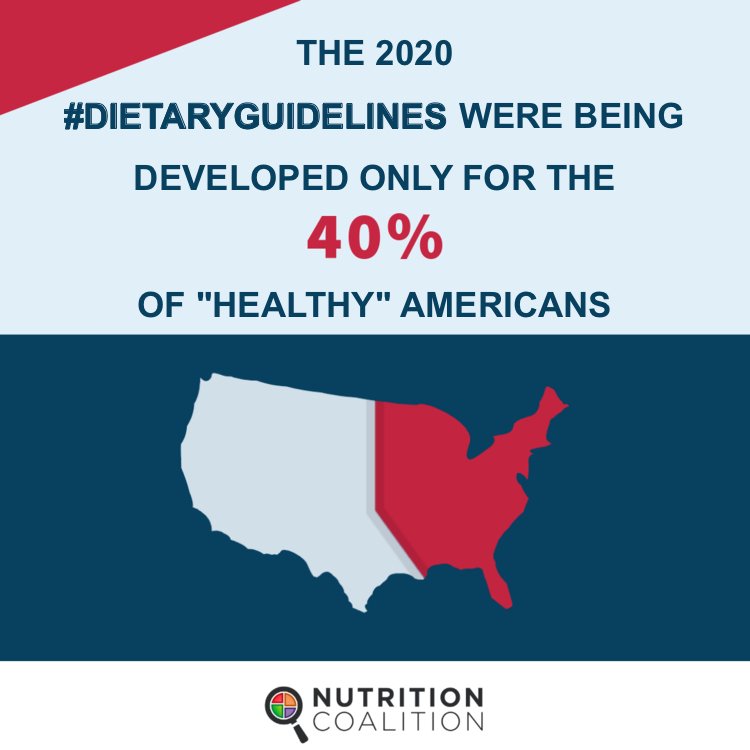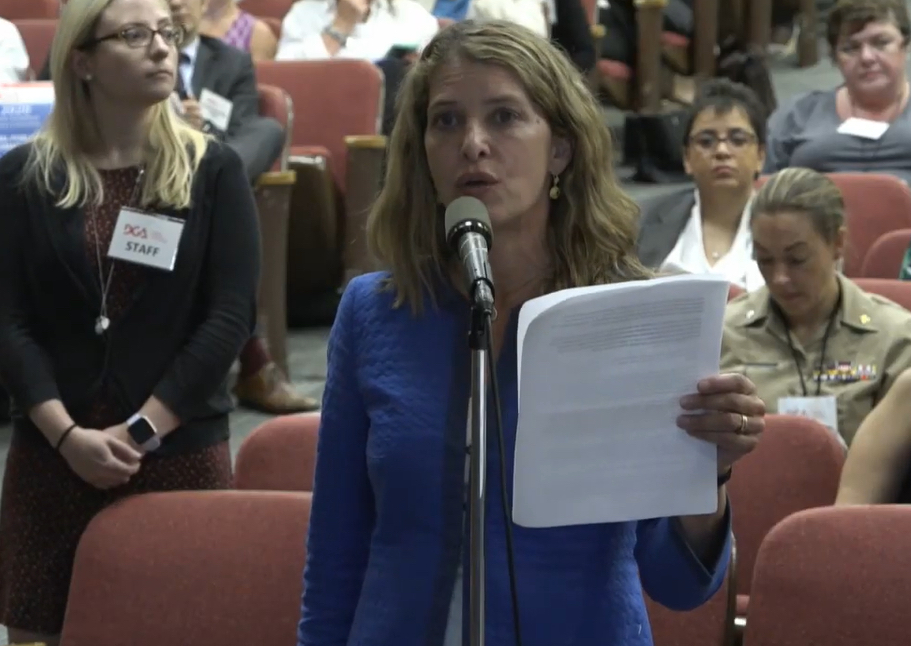Who’s On the Guidelines Committee
Who’s on the 2020 Guidelines Committee and What Are Their Conflicts of Interest?
Who Will Stand Up for Rigorous Science Over Industry Interests and—Really?—Religion?
USDA-HHS finally announced the members of the advisory committee for the 2020 Dietary Guidelines, a powerful group of experts who will determine what constitutes a healthy diet. Their work has implications not only for nutrition and health in the United States but is likely to influence food policy globally.
In its educational efforts, The Nutrition Coalition (TNC) emphasized the need for the committee to include top experts in “evidence-based” medicine. These are scientists who know how to properly prioritize scientific evidence and could help bring a much-needed scientific foundation to the Dietary Guidelines. (A “lack of scientific rigor” in the Guidelines was noted by the National Academies of Sciences, Engineering, and Medicine, or NASEM, in a 2017 Congressionally mandated report to review the guidelines process). Such experts could also create some distance between the committee and the established interests who inevitably shape the Guidelines—from Big Food and Big Pharma, to scientists entangled in various conflicts of interest.
How Important is the Committee?
The expert committee is important, yet its influence is diminished in two important ways:
- The USDA staff is largely in charge of the process: they determine the scientific review methods, conduct the reviews themselves, and steer the work of the committee at every step;
- The committee’s expert report is reviewed and is sometimes fundamentally changed by the political staff that converts this report into a policy document. This process, when the policy document is written, opens possibilities for undue influence by industry and other interests.











